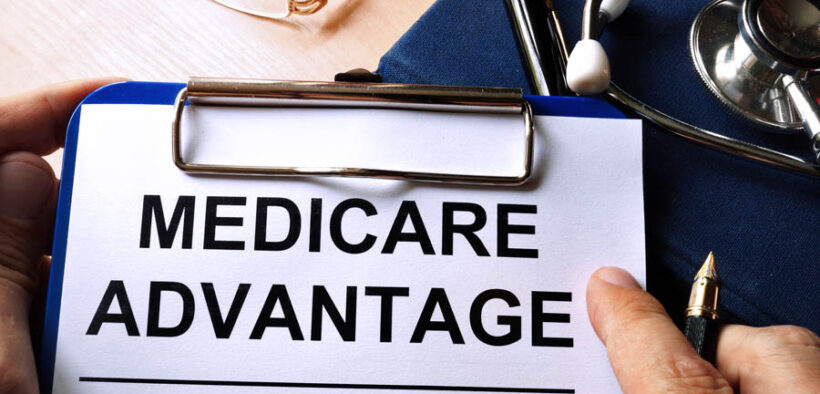Study links higher Puerto Rico Medicare deaths to pay gap

The mortality of Medicare Advantage enrollees in Puerto Rico is significantly higher than that of Hispanic enrollees on the U.S. mainland, a new study shows.
The findings may be explained by lower quality of care provided to Puerto Rico enrollees compared with stateside Hispanic enrollees, particularly within Medicare Advantage (MA) plans, according to a study published this month by the American Journal of Managed Care (AJMC).
Health care and outcomes in Puerto Rico have been affected by federal policies, including those pertaining to the MA program, the study found. It looked at data from 2010 to 2022, adjusting for age and sex in each year.
While stateside MA enrollment has been rapidly growing over the past 20 years, reaching 54% of all Medicare beneficiaries, in Puerto Rico it surpasses 90% — the highest in any U.S. state or territory, the study reported. It cited a high poverty rate and unfavorable features of traditional Medicare on the island, including exclusion of low-income subsidy in Part D and nonautomatic enrollment in Part B.
MA plan payments and quality also differ between Puerto Rico and the U.S. mainland. Plans on the island receive approximately 40% lower benchmark payment than those in the states. This may result in provider shortages and limited provider networks, access to care and quality, all of which may lead to higher mortality among Puerto Rico enrollees compared in the states, according to the study.
Most MA plans offer lower cost sharing, a maximum out-of-pocket limit and supplemental benefits, which are highly attractive to low-income individuals. Original Medicare covers hospital services (Part A) and medical expenses (Part B), while MA plans combine Part A and Part B coverage and may also include prescription drug coverage (Part D) and additional benefits such as vision, hearing and dental care.
The study was funded by the National Institute on Aging of the National Institutes of Health. It was authored by Daeho Kim, Ph.D.; Amal N. Trivedi, MD, MPH; David J. Meyers, Ph.D., MPH; and Maricruz Rivera-Hernández, Ph.D. They are affiliated with the Department of Health Services, Policy and Practice at Brown University and the Providence VA Medical Center.
Medicare disparities crush local enrollees
Although Puerto Ricans contribute to Medicare payroll taxes, they are excluded from critical federal benefits such as Supplemental Security Income and the Medicare Part D low-income subsidy, a federal program that helps pay for out-of-pocket medication costs, Boston-based health and medicine news outlet STAT reported.
Puerto Rico residents face profound health care disparities with the mainland United States, including lower-quality care exacerbated by reduced Medicare reimbursement rates, shortages of specialists and medications, and restrictive federal health policies, according to the report.
“Puerto Rican citizens hoped that Medicare Advantage plans might help them access better care. But even there, they are at a disadvantage. Puerto Rico receives nearly 40% lower Medicare Advantage benchmark rates per enrollee compared with the average benchmark rate in the U.S. states,” STAT noted.
“This means the maximum payment amount set by the federal government is substantially less for each Medicare Advantage enrollee in Puerto Rico versus an enrollee in one of the 50 states. Lower reimbursements limit funding for health care resources, potentially resulting in inferior services and reduced access to care,” the outlet stated.
Reduced payments mean lower compensation for health care providers, dissuading them from participating in MA plans and leading to a smaller network of available professionals and specialists, according to the report. Many leave Puerto Rico to work for plans on the U.S. mainland, where earnings potential is much higher.
“For example, physicians in Puerto Rico earn approximately $162,260 per year on average, compared with a U.S. average salary above $229,300. The resulting provider shortages further strain Puerto Rico’s health care system access and quality,” STAT reported.
The 50 states have Medicare Savings Programs to help low-income beneficiaries pay Medicare expenses, but Puerto Rico does not. Without cost-sharing assistance, many beneficiaries cannot cover out-of-pocket costs, potentially deterring them from seeking necessary medical attention or preventive care, STAT stated.





Doctors in Puerto Rico pay as low as 4 % income tax vs a much higher rate on the mainland. You need to take this into account when talking about the lower amount of income earned on the island.